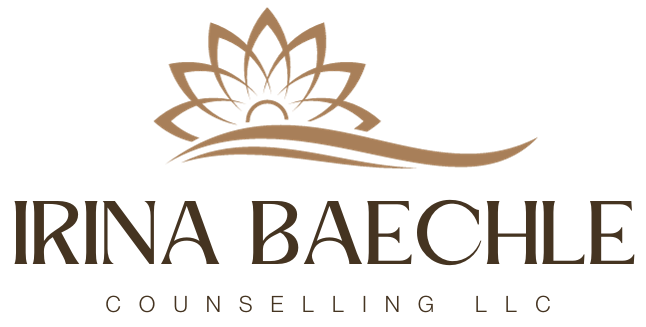Biggest myths about relationship counseling for one
Biggest Myths About Relationship Counseling for One
Most people have a good understanding of what relationship counseling is. However, there is a number of myths around individual therapy for relationship issues. These myths are unhelpful because they can cause you to misunderstand the benefits of marriage counseling for one and, eventually, to give up counseling when it could be a really useful way to improve yourself and your relationship.
Here are three of the most common myths about relationship counseling for one.
1. Marriage Counseling without Spouse Doesn’t Work
Okay, let me be very honest for a moment here. It’s not ideal to do relationship counseling with only one partner when there is obviously a relationship issue that involved both people, that’s very true. But coming to my Wake Forest counseling office (or any therapist office really) can absolutely work when your marriage is in trouble.
Actually, most people who come in for counseling in Raleigh NC say our sessions are great treatment for anxiety and depression. Marriage counseling helps address their issues, put things into perspective, manage anxiety and depression, understand their unproductive behavior patterns and causes of these behaviors, and learn important communication skills.
2. Relationship Anxiety: I Am Smart and Can Figure It Out on My Own
Many people believe that relationship counseling is just for people who have serious problems. Also, many people tend to criticize themselves for being unable to solve the problems on their own, which causes them to feel incompetent and embarrassed.
You may think, “I am smart and strong enough to figure it out on my own.” No one denies that you are. However, this is a particularly damaging myth, because people with this viewpoint never try counseling or they do, but when their relationship is already severely strained.
Couples counseling isn’t just for really challenging relationship issues (such as infidelity, for example). Relationship counseling is suitable for all kinds of relationship issues (and little things really matter).
Relationship counseling for one can equip you with communication skills that will help you handle conflicts better.
It can also help you understand your past and how experiences from the past affect your thinking patterns, emotions, and behavior. Most importantly, we will work out through your emotions and past experiences until you come to an understanding of what effect these feelings and experiences have on your relationship.
What’s more, you can come to the relationship counseling for one even if there is nothing wrong with your relationship. Some of my clients come for relationship counseling for one because they want to enhance some aspect of their relationship, restore the bond or to increase closeness.
Many people don’t want to wait for problems in their relationship to start popping up. They seek couples counseling to enhance communication, keep up the healthy dynamics, and improve their relationship.
Remember that your choice to ask for help is a reflection of your strength.
3. Individual Therapy for Relationship Issues: My Partner Won’t Change, What’s the Point?
You will, that’s the point. Accept that you cannot change your partner. Or force them to go to couples counseling. What you can do, however, is to change yourself, your thinking patterns, and your reactions.
There is a great chance that changing your own behavior will motivate your partner to want to change too.
Relationship counseling for one can help you to start the change. You will get to know yourself better, and observe your experiences, attitudes, thoughts, behaviors, beliefs, and expectations. What’s more, you will better understand your role in the problem in your relationship, and clarify your expectations.
Also, counseling for one is a great way to prevent feelings of depression, helplessness, guilt, and resentment. It does take two people to manage the relationship, but it also takes one person to start the change.
Relationship counseling for one is a great way to work on yourself. Don’t underestimate the impact your childhood experiences and your family relationships had on your adult life.
Relationships with your parents shaped the way you see yourself. If you grew up in an unhealthy family with negative behavior patterns such as neglect, lack of support, apathy, rigidity, or abuse, this most likely formed an insecure attachment style that now affects your relationship.
If you come from a dysfunctional family, you may turn into a people-pleaser who believes that if you don’t please your partner, they will leave you. Or you may constantly feel guilty and responsible for your partner’s feelings and needs.
Also, people who come from unhealthy families often lack communication skills and struggle with expressing their thoughts and emotions. They are often unforgiving to themselves, anxious, and depressed, have low self-esteem and lack self-compassion.
Summary
Relationship therapy for one can help you come to terms with your past, learn self-compassion and become more forgiving to yourself, and initiate change and growth which will reflect on your relationship. It can also help alleviate relationship anxiety.
I hope this information helps you debunk some of the biggest myths about marriage counseling for one. If you have any questions, do not hesitate to give me a call at (703)347 3200 and schedule an appointment online or in my Wake Forest office here.

